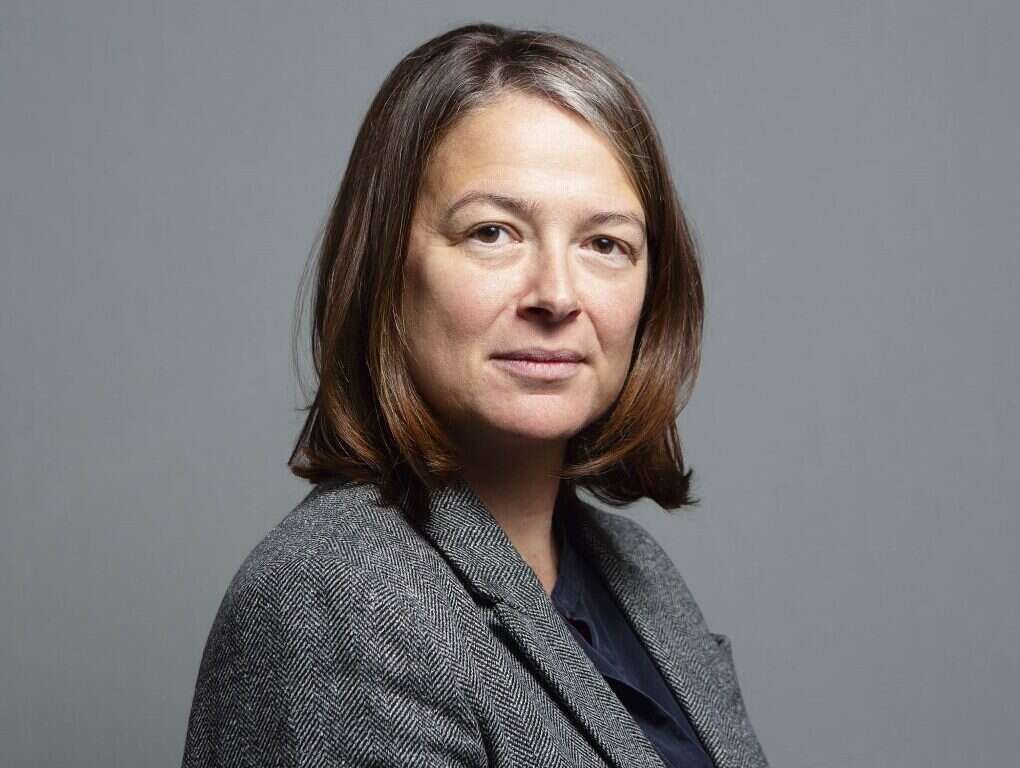
New Hearst UK chief executive Katie Vanneck-Smith spoke to Press Gazette about how leadership begins with treating your colleagues like family and why the current recession will be laced with opportunities.
The former president of Dow Jones was a co-founder of Tortoise in 2018 and joins Hearst today (1 December).
She was speaking to Press Gazette at our Future of Media Trends Conference in London. You can hear the full conversation in episode 25 of the Press Gazette Future of Media Explained Podcast.
Vanneck-Smith began by explaining the big mistake she and fellow co-founder James Harding made when starting Tortoise.
“The hypothesis of Tortoise was that there was a place and space for slower investigative [journalism]. And that hypothesis was right. that is true. There is a demand for slower investigative journalism. We believed that the answer to providing slow investigative content was with long reads. Well, we were wrong.”
These articles took 25 to 35 minutes to read but the data showed readers were dropping out after five or six minutes.
“We were producing all this wonderful journalism, but no one was actually getting to the end. So it’s like we might as well give up and go home…
“We had a couple of our open news meetings where everyone talked about the fact that if they weren’t listening to something, they weren’t learning, and we had a bit of a light bulb moment, which was, well, why don’t we just pivot everything and stop doing reads and actually moved to long listens.
“At the beginning of 2021 we were like, right, we are fully focused on podcasting. So when we started the year in 2021, we had about 80,000 listeners a month, and we ended the year with three million.”
Tortoise is not yet profitable but remains on track to be in two years’ time.
Focus on ‘affordable joy’ amid recession
Asked what her advice is for media companies on how to weather the coming UK recession, she said: “I think what we’ve got is probably two years of not a really deep recession, but what we’ve actually got is quite a relentless recession.”
She said there is going to need to be focus on “affordable joy”.
She said she worries about staff, because “we’ve come out of a pandemic and I do think that’s had a real toll on people, on their energy, on their mental health, on their wellbeing.
“So I think that this is another thing that we are all, as leaders, going to have to be thinking about in terms of people. So I worry about those things and I think that is the backdrop. But I do think there are some things that I think are kind of glimmers of gold.”
She predicted that luxury advertising will still do well and that it will be a two-tier recession, with the “Apple” classes less affected than the lower and middle end of the market.
She added that in a recession “people are up for doing deals in a different way, so actually it’s a time to do great partnerships, to find like-minded people”.
The big layoffs at Facebook and Twitter of recent months could also present opportunities for publishers, she said: “There are going be lots of people available to companies, which sounds dreadful, but I think that is quite a helpful thing for many of us.
“If we come from a traditional, media company, there will be some really good talent coming out of those companies. And that is, I know a real problem for many of us is the war for talent.”
As she starts her new role at Hearst UK, Press Gazette asked Vanneck-Smith about her philosophy when it comes to leadership and guiding staff through change.
“I call it a work family because I think that there’s a safety that you have in a family environment.
“Let’s talk about healthy families rather than dysfunctional families, but let’s assume you are in a family environment.
“People have your back. You’re together on things, but you’ve all got a dodgy uncle that you don’t want to sit next to at Christmas dinner.
“So I always start from the premise that people choose to work. It’s a big part of your life. And if you have to start thinking about work-life balance, I think you’ve failed.
“We are lucky enough to work in an industry where there is a lot of joy. And there is a lot of fun to be had, and we work on things that matter and the brands that we work on and the things that we do, people are interested in.
“It matters to people and it matters to society. And I think that’s a huge privilege. So when you’re at work, you’re in a pretty good place. There are lots of jobs out there that might not have those dynamics in them.
“In the world of change, I think it is about treating people as humans, as adults, as bringing them into the journey. And I think we’ve all been, affected by change that’s happened behind closed doors, and then it gets told to us.
“Probably the people in Twitter are experiencing that right now, right? That terrible sort of decision from the top is no one sees it coming. No one understands necessarily why. That’s really awful.
“And so if you are doing change programs or transformation, I think the more you can bring the organisation in on that the better.
“And if you’re small enough, I’m about to join an organisation of 700 people. That’s a good size. That’s a small enough team that everyone can be part part of the conversations that you’re having about the future direction of the company.”
Email pged@pressgazette.co.uk to point out mistakes, provide story tips or send in a letter for publication on our "Letters Page" blog
